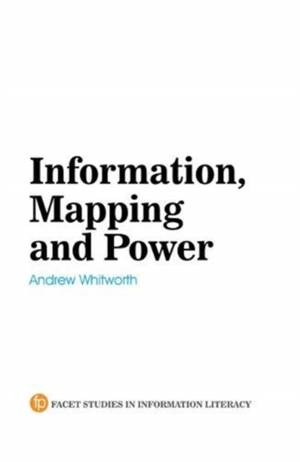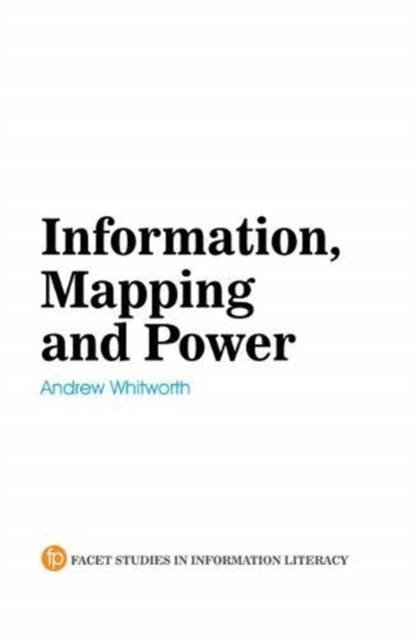
- Afhalen na 1 uur in een winkel met voorraad
- Gratis thuislevering in België vanaf € 30
- Ruim aanbod met 7 miljoen producten
- Afhalen na 1 uur in een winkel met voorraad
- Gratis thuislevering in België vanaf € 30
- Ruim aanbod met 7 miljoen producten
Mapping Information Landscapes
New Methods for Exploring Information Literacy Education
Andrew WhitworthOmschrijving
This is the first book to study how the political content of information literacy (IL) arises from the way it has become defined and is taught. It introduces new methods for research into the development of information literacy in learners and explores the implications of this research for the design of IL teaching, both in formal educational settings and in workplaces. Power is not an inherently dominating thing, wielded only from 'the top' (governments, senior managers in organisations, etc.) and used to oppress. The idea that information literacy education can be empowering, giving those at 'the bottom' the power to investigate information practices and change them if necessary, is supported by the models of power emerging from the work of Michel Foucault. He sees power as being available, potentially, to all actors and agents in a given setting. This is view of power as something emerging from, and shaping, micro-level discourses, and which can generate capital, helping learners change their world and the practices that shape it.
Specificaties
Betrokkenen
- Auteur(s):
- Uitgeverij:
Inhoud
- Aantal bladzijden:
- 272
- Taal:
- Engels
Eigenschappen
- Productcode (EAN):
- 9781783304172
- Verschijningsdatum:
- 30/06/2020
- Uitvoering:
- Hardcover
- Formaat:
- Genaaid
- Afmetingen:
- 240 mm x 159 mm
- Gewicht:
- 482 g

Alleen bij Standaard Boekhandel
Beoordelingen
We publiceren alleen reviews die voldoen aan de voorwaarden voor reviews. Bekijk onze voorwaarden voor reviews.











